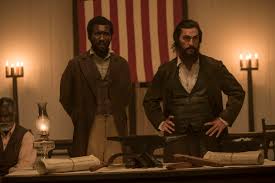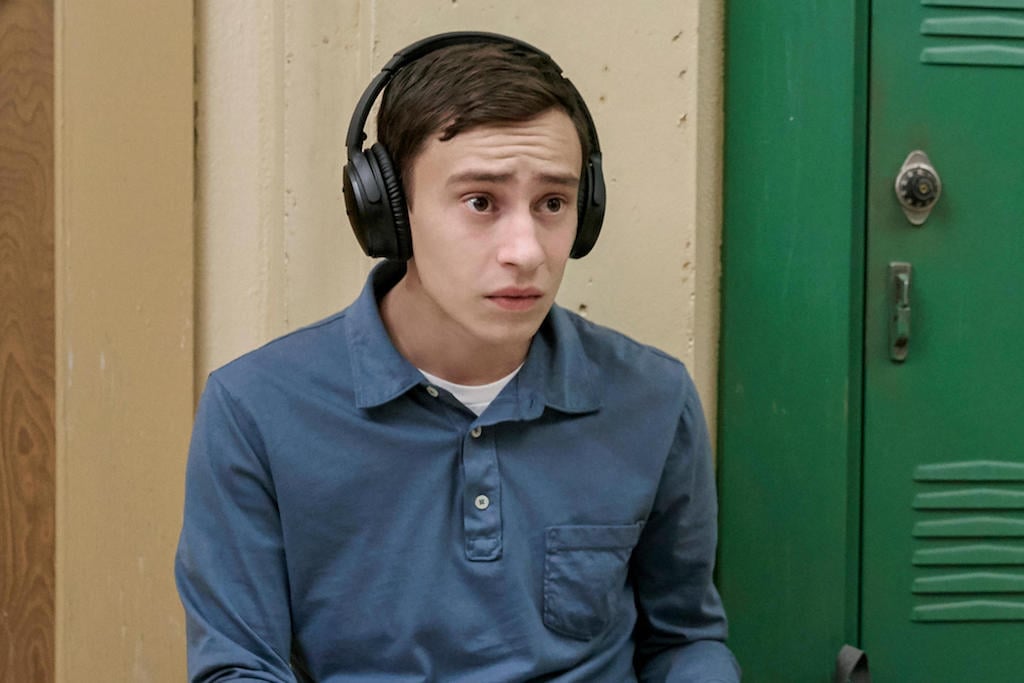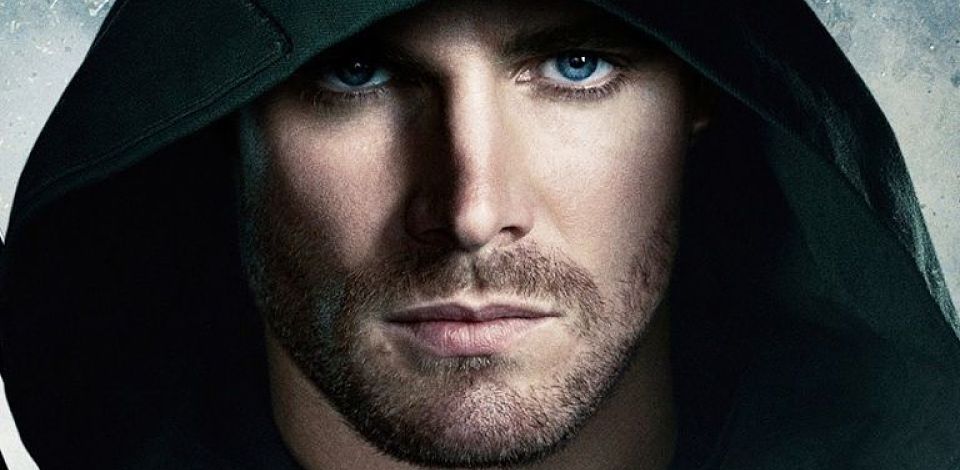I hope you all are taking care of yourselves while we shelter in place. Hopefully, this post gives you a way to pass the time.
In the last few years, we’ve heard a lot about cancel culture. Celebrities, politicians, and regular people have been “cancelled,” though it’s often unclear what that means. The best definition might actually come from Urban Dictionary. It defines “cancelled” as meaning “if you or anyone does something that’s considered ‘bad’… no one would look at you in a good way anymore, no respect, etc.” The consequences could include losing business, twitter followers, or votes.
For many, cancel culture is something woke young people have invented recently. Merriam-Webster claims “The idea of canceling—and as some have labeled it, cancel culture—has taken hold in recent years due to conversations prompted by #MeToo and other movements that demand greater accountability from public figures.” It then credits black Twitter users for the term.
This semester, I’ve taught a seminar on how race has shaped the legal system. It’s been an eye-opening experience. As we studied the aftermath of the Civil War, I was struck by a phenomenon that looks a lot like cancel culture, except on steroids.
Former rebels didn’t take their defeat on the battlefield lying down. They unleashed violence and terrorism on their supposedly victorious enemies that spurred the creation of a committee on lawlessness and violence at Texas’ 1868 constitutional convention, three years after the Civil War. The committee observed that, “multitudes who participated in the rebellion, disappointed and maddened by their defeat, are now intensely embittered against the freedmen on account of their enfranchisement, and on account of their devotion to the Republican party, and against the loyal whites for their persistent adhesion to the Union…that it is their purpose even by desperate measures to create such a state of alarm and terror among Union men and freedmen as to compel them to abandon the advocacy of impartial suffrage or fly from the State…”
People often worry about cancel culture suppressing free speech. A 2018 study found that 54% of college students felt “intimidated in sharing your ideas, opinions, or beliefs in class because they were different than those of your classmates or peers.” And to be sure, there have been worrying incidents. When a Bryn Mawr student posted on the school’s ride-share Facebook page looking to see if anyone would be interested in going to a Donald Trump rally, several posters called her racist while others threatened her physically. The harassment led her to drop out of college.
But this threat to free speech is not new, as Texas’ experience shows. In 1868, the committee on lawlessness and violence noted that “There is absolute freedom of speech in very few localities in Texas.” Rather, “Union men dare not generally avow their political convictions” because “the dominant rebel element will not tolerate free discussion.” In fact, things were so bad that “hundreds of loyal men, to our knowledge, are at this time forsaking their homes in Texas, fleeing from the assassin, [and] forced away by rebel intolerance.”
Former rebels admitted to things like firing guns into a black church, murdering black officials in cold blood, and whipping black women “to compel the negroes to give up Loyal Leagues, and to get satisfaction out of them for supporting Yankees.”
Cancel culture was real in in Texas after the Civil War in a way that puts today’s debate over it in perspective. Texans with unpopular opinions (you might even say politically incorrect ones) were not at risk of being called out or being shamed. They were at risk of having their very lives cancelled. What were those politically incorrect opinions? Believing in black equality and supporting the Union. Many celebrities who get “cancelled” these days wind up just fine.
Still, Texas gives us two cautionary lessons about cancel culture, but not in the way many critics suppose. First, we should really worry about cancelling when majorities do it to vulnerable minorities. The consequence of being cancelled for those at the margins of society are likely to be real in a way they aren’t for wealthy celebrities.
Second, before cancelling people, we should ask ourselves an uncomfortable question: is the person whose opinion we find repugnant actually right? Could they be getting at a truth we’ve overlooked? The former rebels who cancelled loyal Unionists surely thought their cause was righteous. They were wrong. Today, many of us look back and ask, how could anyone have thought about cancelling people for advocating loyalty to the government and black equality? Before we cancel people today, we would do well to ask ourselves if future generations will react similarly. Are we really trying to eliminate injustice, or will future generations see that we instead enabled it?
If nothing else, Texas’ experience should make us think twice before we exaggerate cancel culture, or engage in it.





